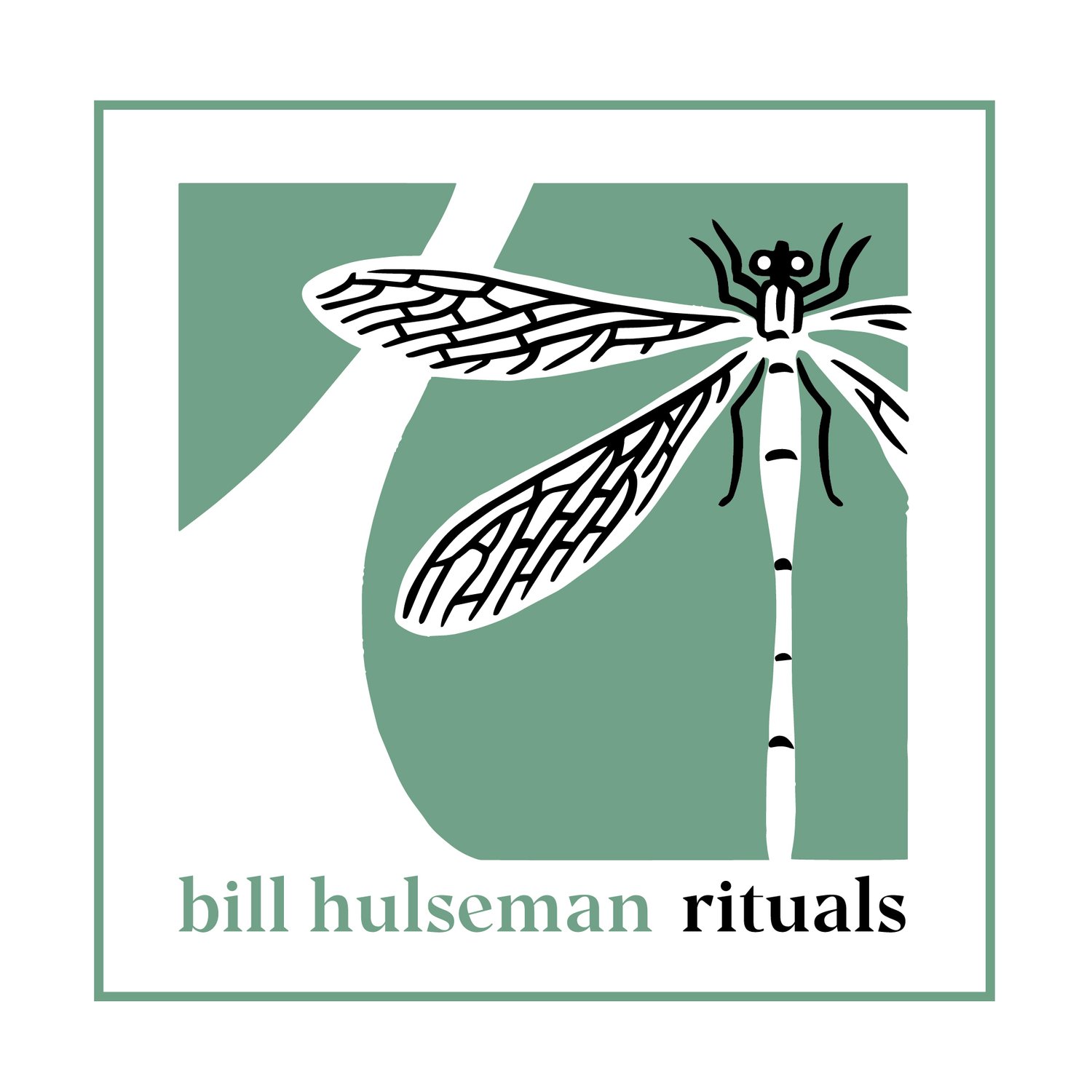off the shelf: The Sabbath
brief reflections on books I haven’t read in a while
I first read The Sabbath as part of an undergrad course on modern Jewish theology. Perhaps responding to an increasingly techno-centric society, Heschel, a leading voice in Jewish theology in his time and a major figure in the civil rights movement of the mid-20th century, presented the book as an extended meditation on the Sabbath, the weekly observance central to Jewish practice, but I also read it as an indictment and as a warning. “We must not forget that it is not a thing that lends significance to a moment,” he writes, “it is the moment that lends significance to things.”
Among the many changes that came with Modernity in the last couple of centuries, religious observance has been relegated to irrelevance. Complex traditions that transmit the experiences and insights of generations’ are reduced to pithy lists of rules and regulations. Heschel doesn’t wrangle with this - instead, he starts a new path for reflection. Observance of the sabbath is less about proscriptive ritualization and more about understanding the difference between time and space, what it means to be human, and our role in the continuous process of creation.
The antidote to enslaving humanity to the world of things isn’t striving for mastery over the world but falling in love with eternity, and the true respite from what Heschel calls “our thinginess” is not a rejection of that world but for the rest of the week, the rest of our lives to be “a pilgrimage to the seventh day.” That means that our best behavior, our capacity for joy, and our desire for change can’t be limited to a few hours on the weekend - every step, every choice, every interaction shapes our ability to step into eternity.

